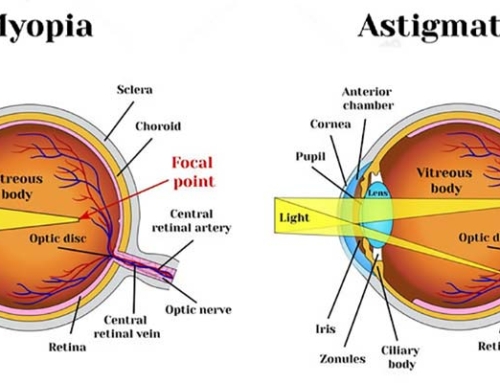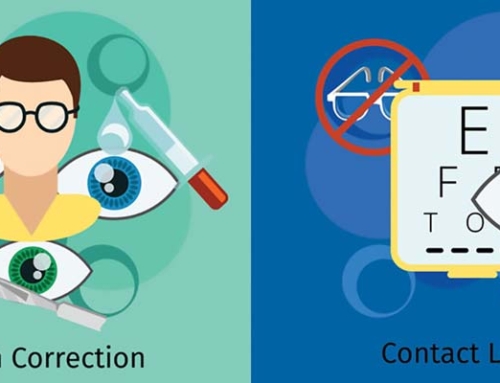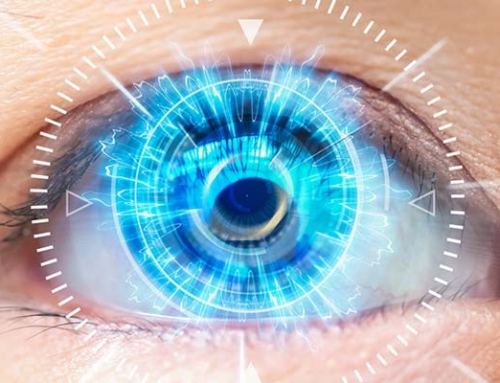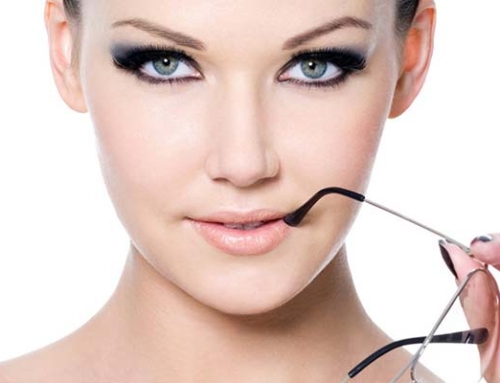Seasonal allergies or hay fever are allergic conditions that occur in specific seasons in the year affecting your body causing some allergy symptoms. The reason for this condition may be an exposure to pollen particles released from trees, weeds and grasses. As a result, individuals who are hypersensitive to these particles respond by releasing a substance in their body called as histamine. The degree of symptoms and response to these allergens can vary based from one to another.
Symptoms usually occur abruptly and continue while you are exposed to the allergen. These symptoms can include coughing, sneezing, nasal congestion, runny nose and itchy throat. Apart from these symptoms, this allergy can cause a condition called allergic conjunctivitis with watery, itchy and red eyes. As long as your eyes are in contact with the allergen, you may have these symptoms and your eyes can become more sensitive to light with excessive tearing and burning sensation. Some individuals may also develop swollen eyelids. The condition of your eyes will usually improve during the other seasons of the year, particularly in the winter as the chance of having the allergic pollens in the air is decreased.
In most cases, symptoms are usually improved by itself when the exposure to allergen is avoided. If you don’t know what the exact cause for your allergy is, you may need to make a skin test by an allergist to solve this problem. You may also need to visit an eye specialist to examine your eyes, exclude other conditions, and help you to recognize the allergen and how to avoid it.
Diagnosis and treatment:
Diagnoses of eye allergy usually depend on your symptoms. The eye specialist can check your eyes to rule out other conditions. Eye examinations are performed using a slit lamp, which is a microscope used to examine the inner layer of eyelids and look if you have swelling or dilated blood vessels. In some cases, a scrap sample may be taken from the skin of the front of your eyes looking for a type of cells called Eosinophils which is associated with allergy but this happens rarely and in severe cases of eye allergies.
Treating eye allergies can be simply started by avoiding what you are allergic to. There are also some tips that can minimize the chance to have this allergy including:
- Decrease exposure to mediums that can collect allergens such as pillows, bedding and other linen as they can easily collect dust.
- Try to avoid carets as you can to avoid dust mites.
- A regular and good cleaning of the surrounding can really help to lower the level of dust and mold.
- Fix any water leak and avoid standing water as they can increase mold growth.
To help to relieve allergic eye symptoms you can follow these tips:
- Use hot compresses to your eyes to soothe the allergy.
- You may need to use lubricating eye drops to decrease eye irritation.
- Take antihistamines medications like eye drops or oral tablets in case of mild allergy.
- Avoid rubbing your eyes without washing your hands as this can worsen your symptoms.






